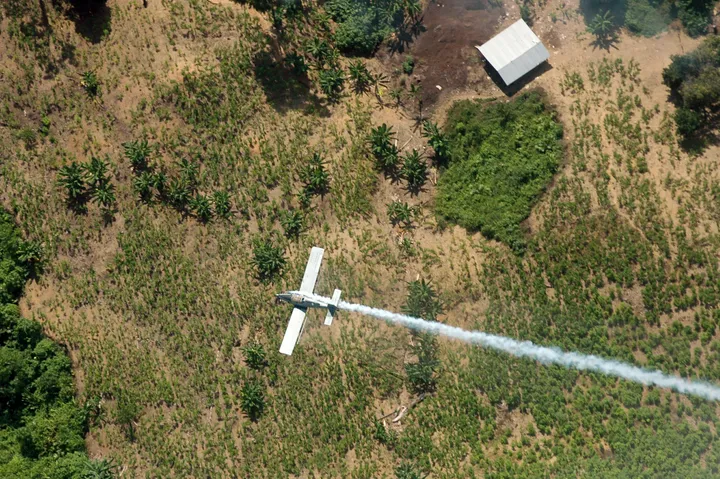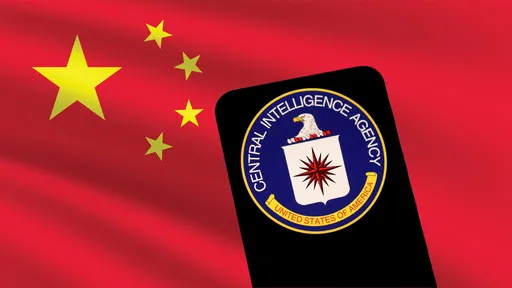As some countries ease Covid-19 travel restrictions, Saudi Arabia and the European Union have barred travellers who have been vaccinated with Chinese vaccines, leaving out the biggest groups of foreign visitors in the regions.
Last week, Saudi Arabia updated its travel restrictions, which included requirements to take Pfizer, AstraZeneca, Moderna and Johnson & Johnson in order to enter the country, leaving out China’s five vaccines including the widely used Sinovac and Sinopharm.
After the announcement, Pakistan’s foreign ministry on Sunday asked the kingdom to include Chinese vaccines to its list, as those vaccines are widely used in the country.
Malaysia also echoed similar concerns as its government sought to discuss the issue with Saudi Arabia.
“If they have registered or have been jabbed with Sinovac, then we will discuss this matter with the Saudi Arabia government to accord leeway to them,” Khairy Jamaluddin, the science, technology and innovation minister, said as quoted by the local news outlet Malay Mail.
On May 19, the EU also agreed to ease travel restrictions on non-EU visitors ahead of the summer tourism season, however, the bloc only accepts vaccines authorised by the European Medicine Agency (EMA), which excludes China’s manufactured vaccines.
Bulk of Sinopharm and Sinovac vaccines have been given to people in China, which has so far immunized 243 million people according to the country’s figures.
As of March, China has distributed more than 115 million of its vaccines to about 60 countries, including Brazil, Turkey, Pakistan, and Malaysia, who could face restrictions from travelling to the EU countries and Saudi Arabia.
Early May, the World Health Organisation(WHO) gave emergency authorization to Sinopharm, which could mean that the vaccine can be used to boost WHO-backed efforts to share doses equitably across the world.
China has also distributed millions of vaccines in African countries, as part of its “Vaccine Diplomacy” program.
So far, China only recognizes its own vaccine, which means foreign nationals will also face difficulties in order to travel for tourism or business opportunities to the country.
“A global division of peoples based around vaccine adoption will only exacerbate and continue the economic and political effects of the pandemic,” Nicholas Thomas, associate professor in health security at the City University of Hong Kong, said as quoted by Bloomberg.
Millions of people who are unable to choose the vaccine they get will have to face limited traveling options in future, with dire consequences for the international tourism industry and business opportunities across the world.
“It will risk the world being divided into vaccine silos based on vaccine nationalism rather than medical necessity,” Thomas said.























